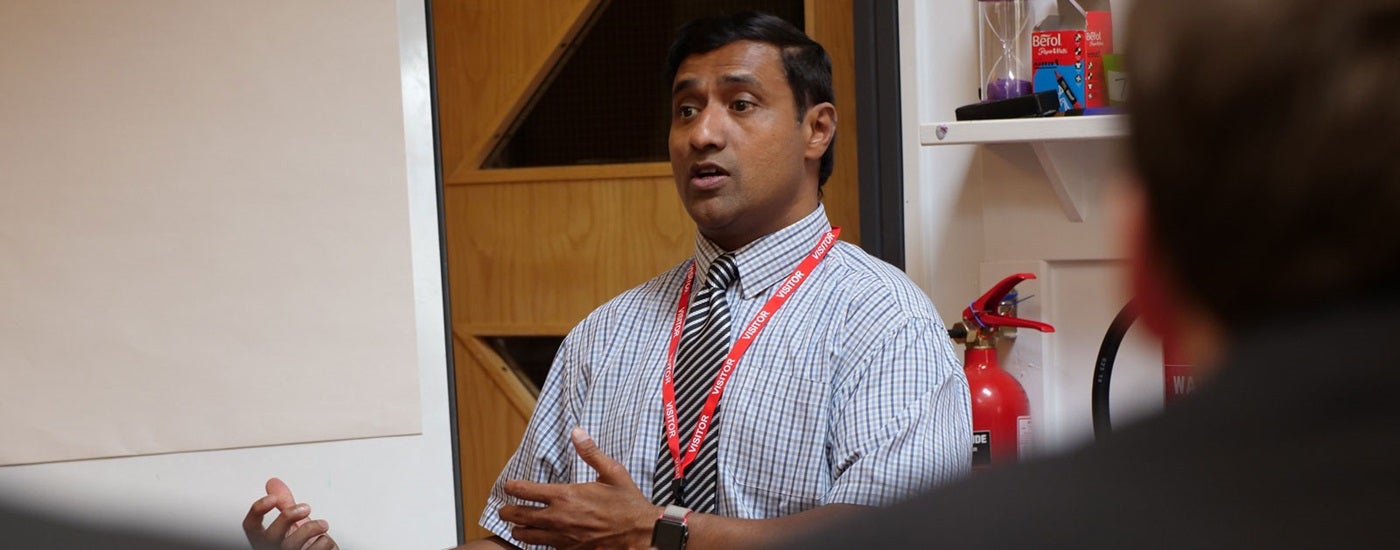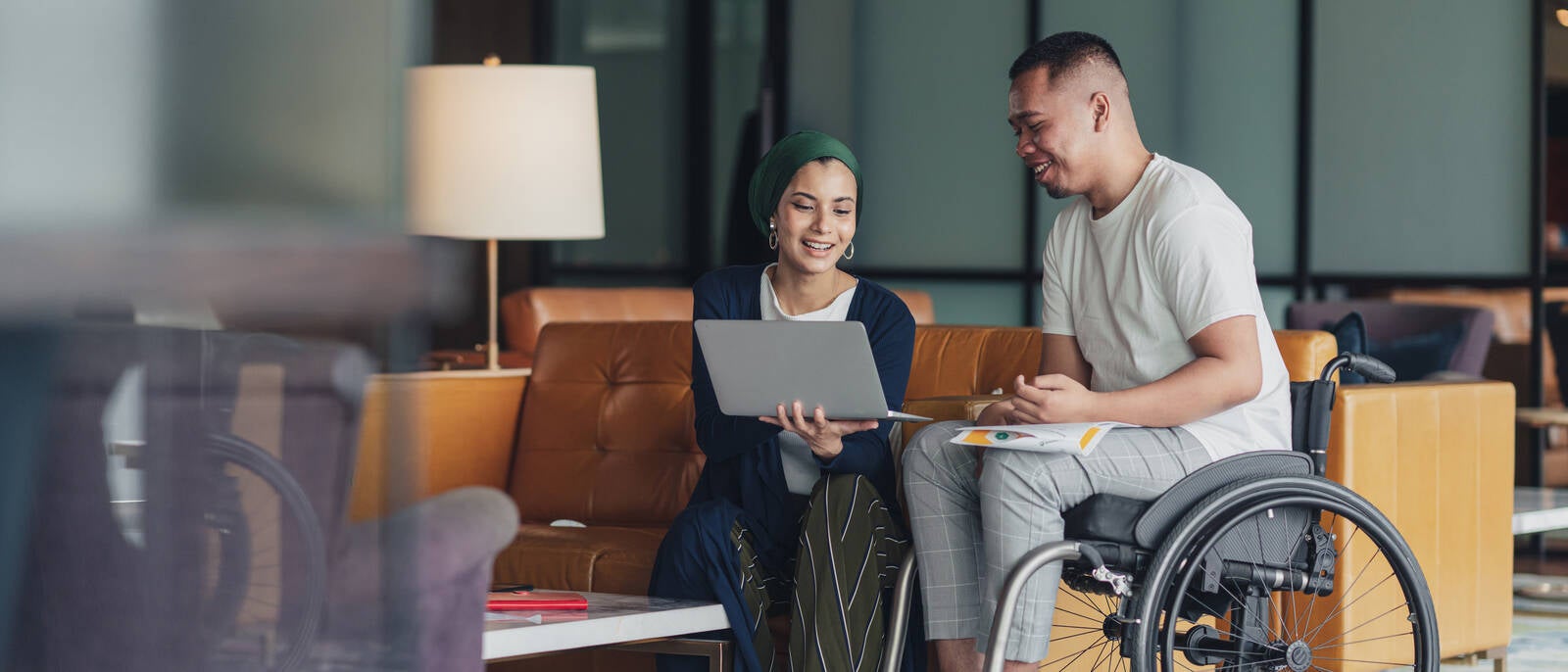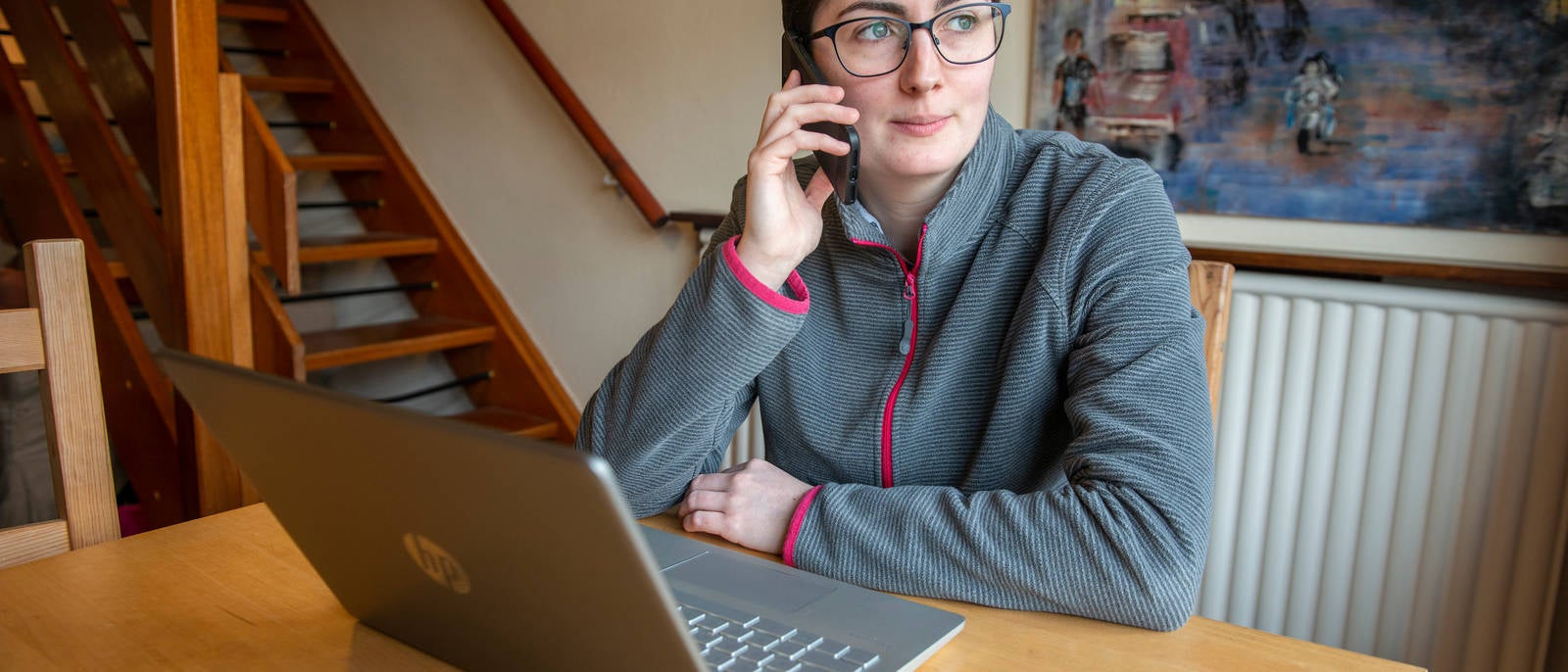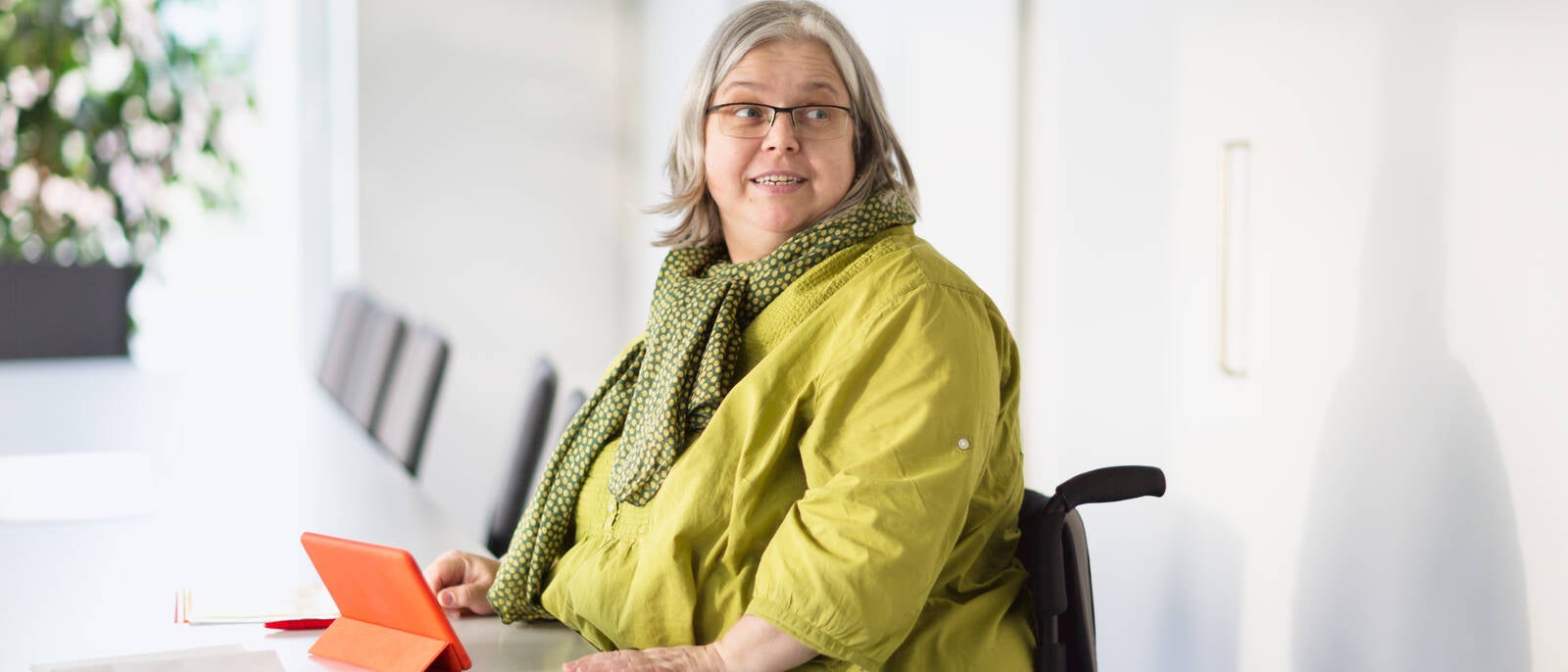- Home
- Social model of disability
Social model of disability video transcript
'What is the social model of disability?'
Ossie Stuart (Disability consultant): I always felt being a disabled person was a problem. After learning about the social model, it challenged me to look at disability completely differently. I myself was able to gain some confidence and... self-esteem.
Ian Macrae (Editor, Disability Now): The social model basically says, we are people with impairments and those impairments clearly have an impact on how we live our lives. But the impairments are not the things which disable us.
Mik Scarlet (Broadcaster and journalist): I'm disabled by the world around me and if the world was more accessible, I would be less disabled and then I would just be left with my "impairment" i.e. what doesn't work.
It's not that my legs don't work that disabling me. It's the fact that if I'm on a flat surface, I can wheel around fine, I'm wonderfully happy. It's only when I come up to a flight of stairs.
Alice Maynard (Chair 2008-2014, Scope): As a wheelchair user, you have a slightly easier job of explaining the social model. Whereas if you're trying to explain the less physical barriers, it's much harder.
Laurence Clark (Comedian and writer): There are barriers everywhere in life. It's to do with how communicate, to do with people's attitudes...
Kiruna Stamell (Actress): Discovering the social model was a massive liberation on another level. Yeah I was being treated differently and no it wasn't me being deficient. It was everybody else's social anxieties being projected onto me.
Laurence: The blame for you not fitting in is no longer on your shoulders.
Ian: Suddenly my disability was out there and not in here. It was what made me realise that I was something beyond the thing that other people thought I was.
Mik: It's a really liberating thing, but it also means you can change it. We can say to the world, "Look, you must put a lift in this building. You must make sure that the signage is readable for people with visual impairments."
Kiruna: If you want that equality to be real, you've really got to tackle the inequality people are experiencing in schools, workplaces, transport.
Ian: The main reason that the social model, I think, is important to disabled people is that it allows us to be a community. You achieve a lot more as a group.
Mik: As long as we, as disabled people, make sure that our voices are heard and that all those people that support us also have their voices heard, then I think we will get there.
Alice: I hope that Scope is doing work that will help disabled people to become prouder of who we are. Pushing boundaries around who can be included and where.
Laurence: Come the glorious day if it ever came where all the barriers went, y'know. We'd just be people with impairments. We wouldn't be disabled people any more.
Find out more about Scope's work and how to get involved, subscribe to Scope on YouTube.
Social model of disability
The social model of disability is a way of viewing the world, developed by disabled people. Scope's strategy An Equal Future is based on this model of disability.
The model says that people are disabled by barriers in society, not by their impairment or condition. Barriers can be physical, like buildings not having accessible toilets. Or they can be caused by people's attitudes to difference, like assuming disabled people can't do certain things.
The social model helps us recognise barriers that make life harder for disabled people. Removing these barriers creates equality and offers disabled people more independence, choice and control.
Not everyone uses the social model and that’s ok. How anyone chooses to talk about their impairment is up to them.
Explaining the social model of disability to kids.
Changing attitudes towards disabled people
Negative attitudes based on prejudice or stereotype can stop disabled people from having equal opportunities. This is sometimes referred to as disablism.
Examples of negative attitudes include assuming that disabled people can’t:
- work
- live independently
- have sex
- have children
Medical model of disability
The medical model of disability says people are disabled by their impairments or conditions.
The medical model looks at what is 'wrong' with the person, not what the person needs. We believe it creates low expectations and leads to people losing independence, choice and control in their lives.
Examples of the social model in action
- You are a disabled person who can't use stairs and wants to get into a building with a step at the entrance. The social model recognises that this is a problem with the building, not the person, and would suggest adding a ramp to the entrance.
- Your child with a visual impairment wants to read the latest best-selling book, so they can chat about it with their friends. The social model solution makes full-text recordings available when the book is published.
- You are a teenager with a learning difficulty who wants to live independently in your own home, but you don't know how to pay the rent. The social model recognises that with the right support on how to pay your rent, you can live the life you choose. The medical model might assume that the barriers to independent living are insurmountable, and you might be expected to live in a care home.
Talk with disabled people about the social model and more in Scope's online community.
Learn about how Scope uses the social model to talk about disability.





